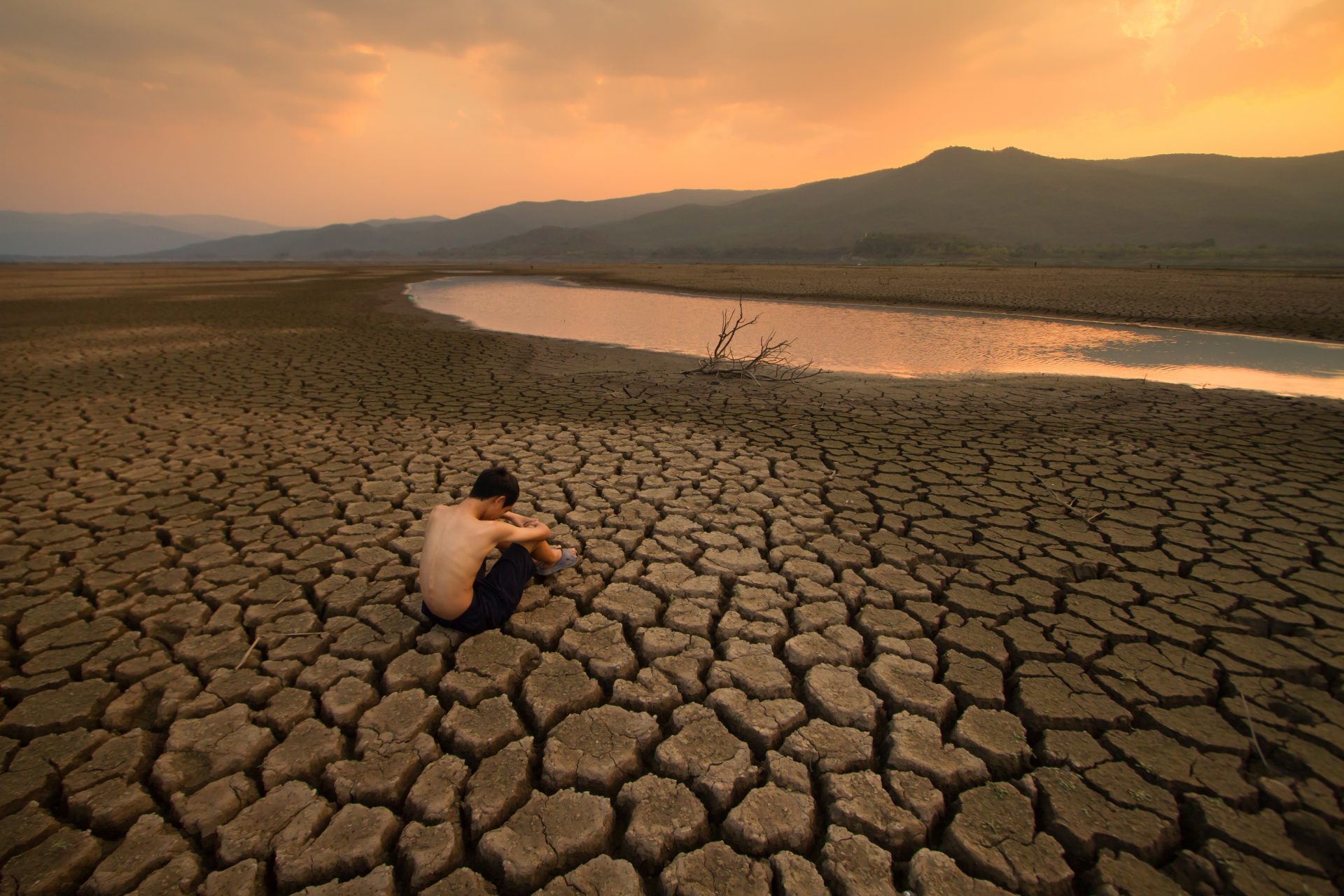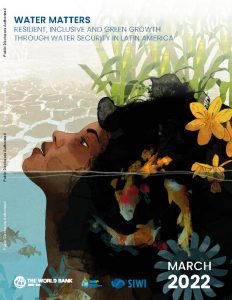Funding, justice, and water can help us adapt to climate change
“The message from IPCC is certainly very worrying, but it also demonstrates the untapped potential of many powerful climate solutions. It is of highest importance that we work with integrated approaches, including nature-based solutions, to develop water-related strategies that both reduce emissions and help us adapt to unescapable consequences of climate change”
The IPCC report has assessed the feasibility of various adaptation strategies to help decision-makers prioritize the most effective measures. Given that climate change is primarily experienced in the form of too much or too little water, many of the highlighted strategies focus on water management.
- Healthy ecosystems are crucial. By restoring degraded ecosystems and conserving forests, wetlands, and oceans it is possible to strengthen nature’s capacity to shelter us against storms and floods. At the same time, it boosts these ecosystems’ ability to absorb and store carbon.
- There is a strong link between human and environmental wellbeing. Healthy ecosystems can also accelerate progress towards sustainable social and economic development.
- Cities must be redesigned to be climate-resilient, especially informal settlements. A top priority must be to ensure access to potable water and safe sanitation. Nature should be part of cities to make them better able to recharge water, withstand floods and shelter from heat.
- Agriculture needs to undergo a massive transformation to cope with erratic rainfall patterns and frequent droughts. Improved water management will be key.
- Financing is essential. So far, comparatively little investment has gone into boosting the adaptation capacity of the Global South where the needs are the greatest. Some areas have been identified as especially important, such as investments in early-warning systems.
- Justice and inclusion have proven to be vital for climate adaptation strategies. The IPCC report emphasizes the importance of indigenous and local knowledge. Decisions must be made with everyone’s voice heard.
The insights from IPCC’s second working group are well in line with the recommendations from SIWI. It is especially noteworthy how there is growing scientific consensus on the role of nature, which was less well understood around the time of the Fifth Assessment report back in 2014.
“The message from IPCC is certainly very worrying, but it also demonstrates the untapped potential of many powerful climate solutions. It is of highest importance that we work with integrated approaches, including nature-based solutions, to develop water-related strategies that both reduce emissions and help us adapt to unescapable consequences of climate change,” says Dr Malin Lundberg Ingemarsson, climate and landscapes specialist at SIWI.
Water and climate
The climate crisis is essentially a water crisis. When we treat it as such, we get new tools to mitigate climate change and adapt to consequences that are unavoidable.
Learn more









